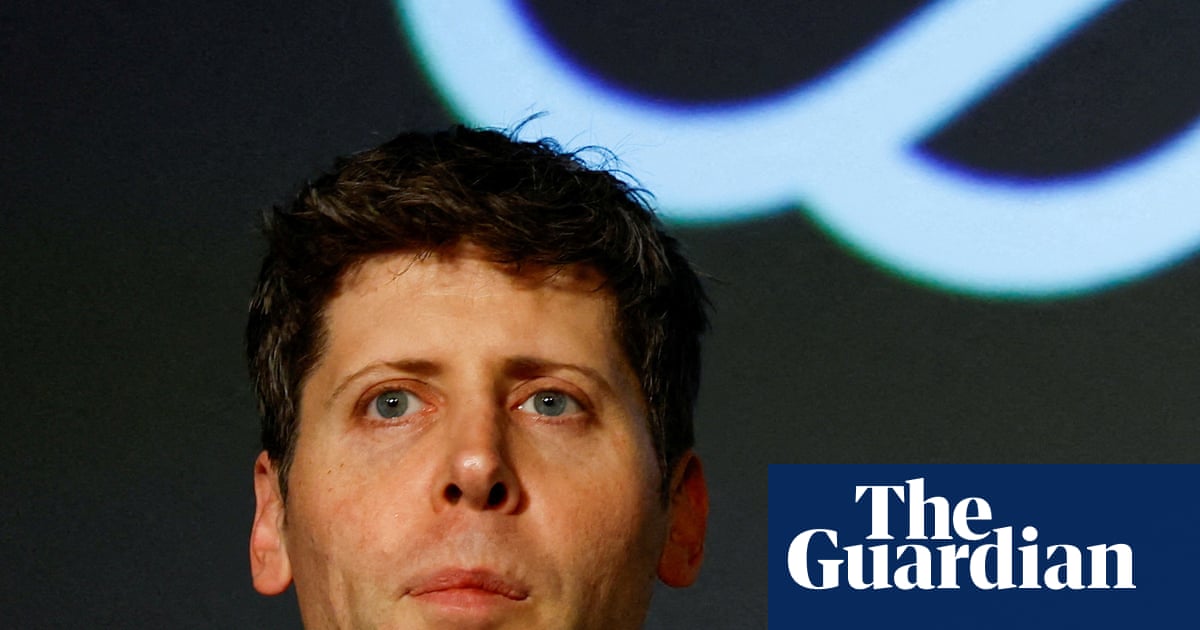Sam Altman, the CEO of OpenAI, recently shared insights about the fierce competition for talent in the artificial intelligence (AI) sector. He revealed that Meta, led by Mark Zuckerberg, is reportedly offering astonishing signing bonuses of up to $100 million to lure top AI experts from OpenAI. Although Meta has not officially confirmed these claims, the intense battle for skilled professionals in AI is evident.
During a podcast, Altman expressed his surprise at these offers. “They have started making these giant offers to many people on our team,” he noted. Despite such hefty incentives, he mentioned that none of OpenAI’s key talents have accepted these propositions just yet. He expressed concerns about a recruitment strategy focused solely on monetary compensation, suggesting it might not nurture a positive workplace culture.
Meta is also investing heavily in AI technology. Last week, the company launched a $15 billion initiative aimed at creating “super-intelligence”—advanced AI that outperforms humans. As part of this effort, Meta invested in Scale AI, a startup valued at $29 billion.
Venture capitalist Deedy Das commented on the talent wars, tweeting about the absurdity of the situation. Despite offering salaries of $2 million annually, Meta has lost candidates to competing firms. A recent report highlighted that Anthropic, an AI company supported by Amazon and Google, is pulling talent from industry leaders like OpenAI and DeepMind.
The urgency to recruit top developers stems from rapid advancements in AI technology, particularly in the quest for artificial general intelligence (AGI). Research from the Carlyle Group suggests that spending on related computing power could reach up to $1.8 trillion by 2030, surpassing Australia’s GDP. Some firms go as far as buying entire companies; for instance, Google spent $2.7 billion acquiring Character.AI, co-founded by Noam Shazeer, a prominent AI researcher.
Interestingly, Meta began as a social network, while OpenAI started as a nonprofit. Altman shared his skepticism about Meta’s chances in the AI space, recalling Zuckerberg’s past comments about Google’s struggles with social media. Altman believes Meta’s approaches may inhibit true innovation.
Despite the massive investment, Altman warns that even if super-intelligent AI is developed, its impact might not be as transformative as anticipated. He pointed out that while AI could execute complex tasks, daily life might not change significantly. “AI could discover new sciences,” he said, highlighting its potential long-term benefits.
In sum, as the AI race heats up, the pursuit of talent and innovation will shape the industry’s future. The battle for minds could redefine not just tech companies but the very fabric of our everyday lives.
Source link



















